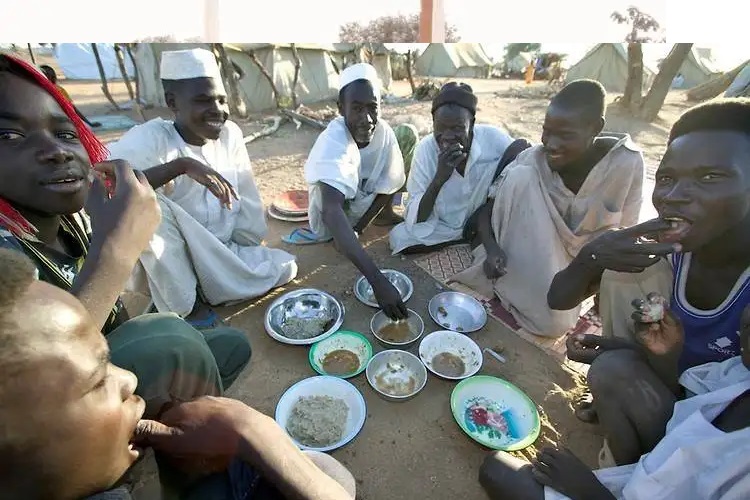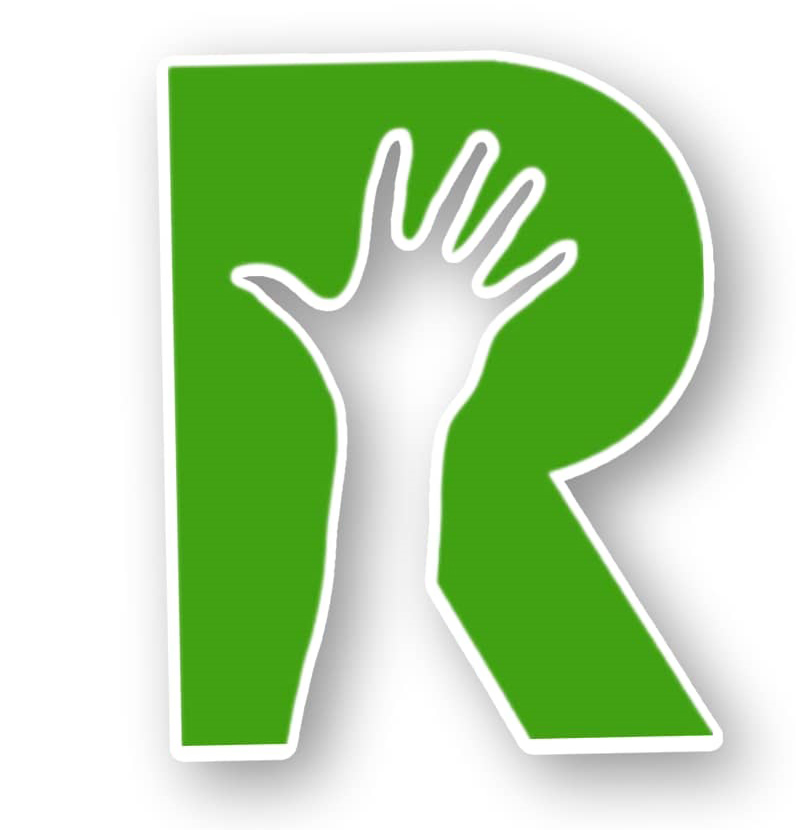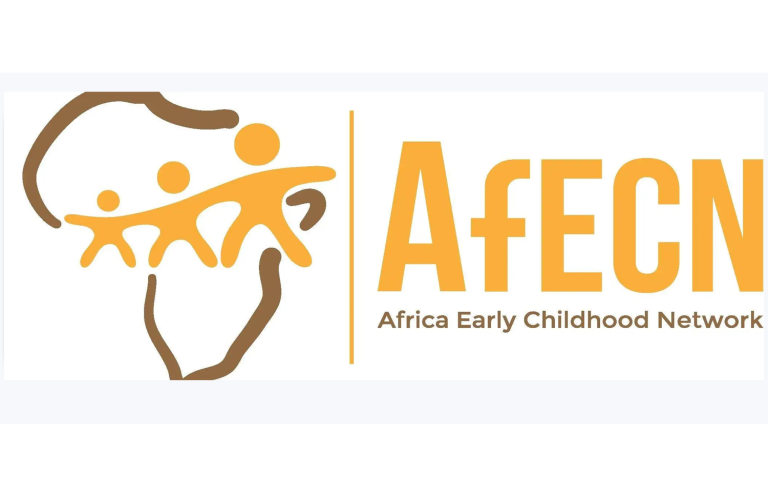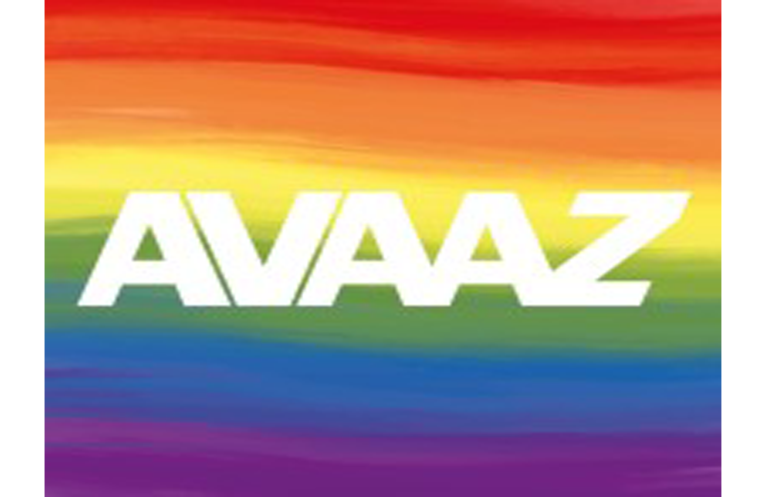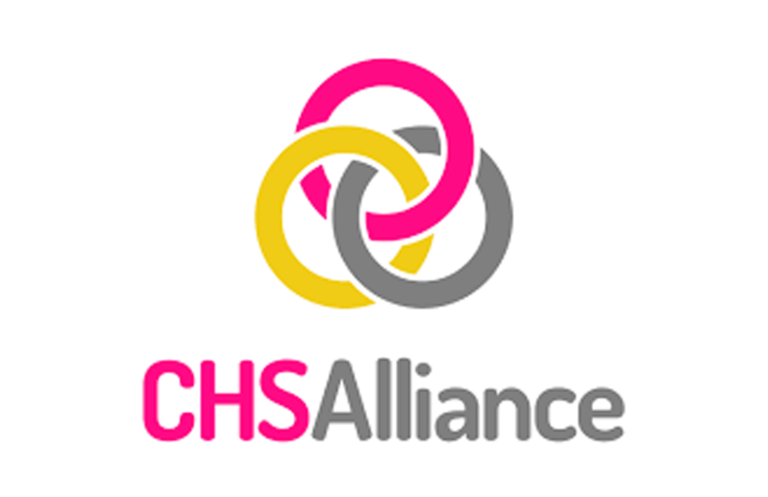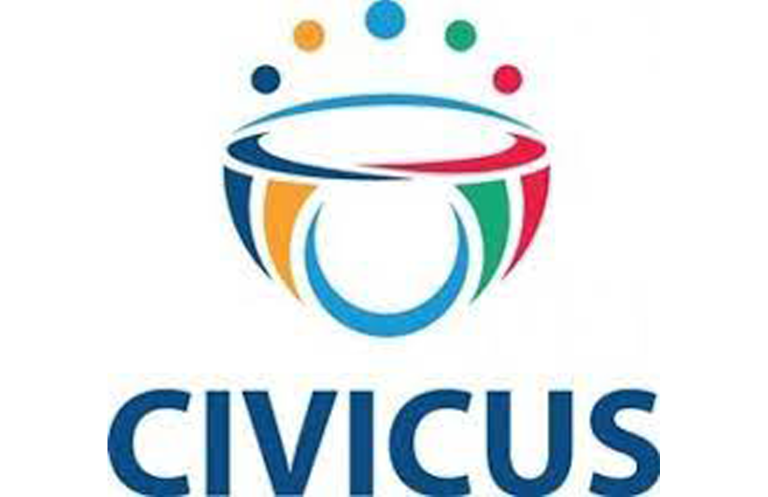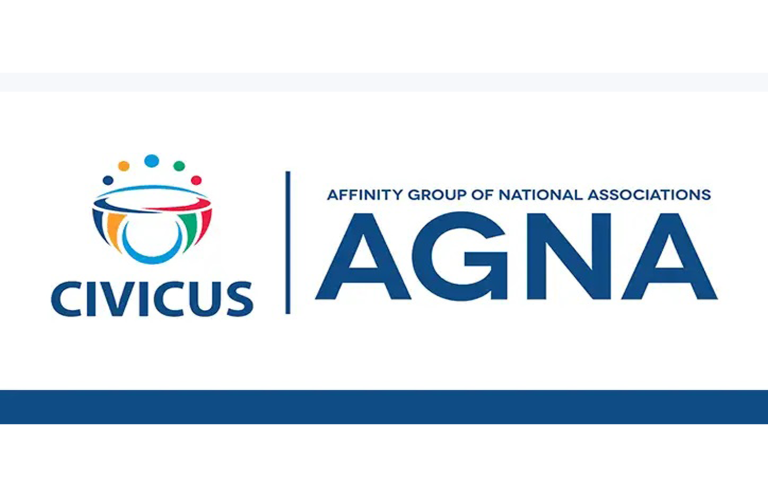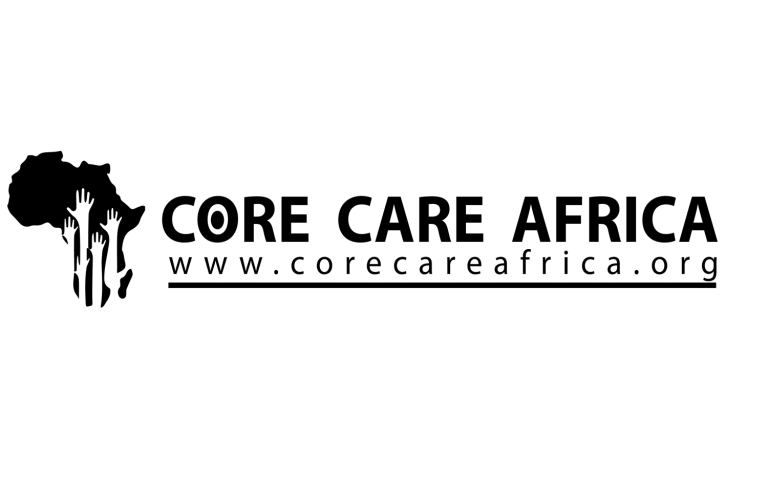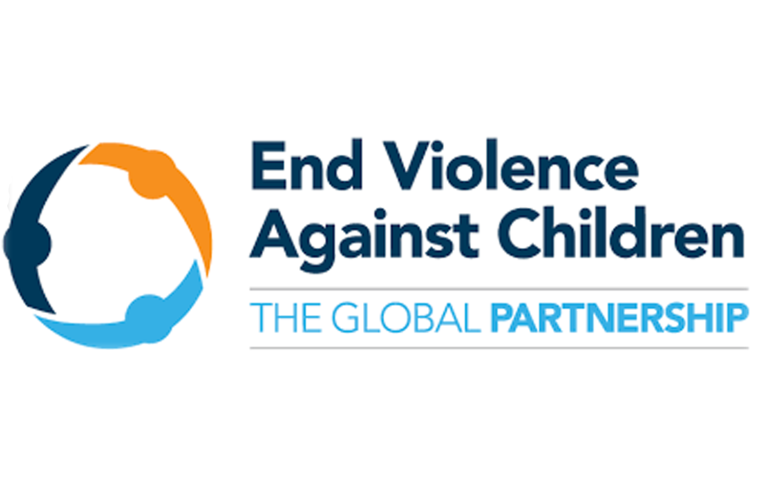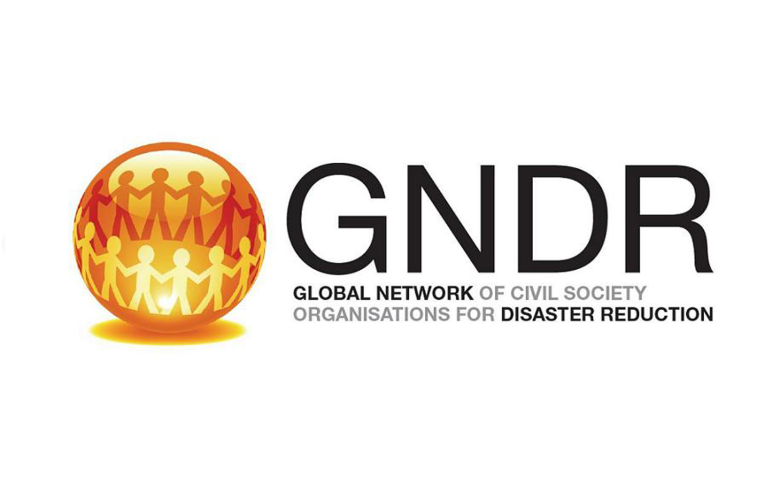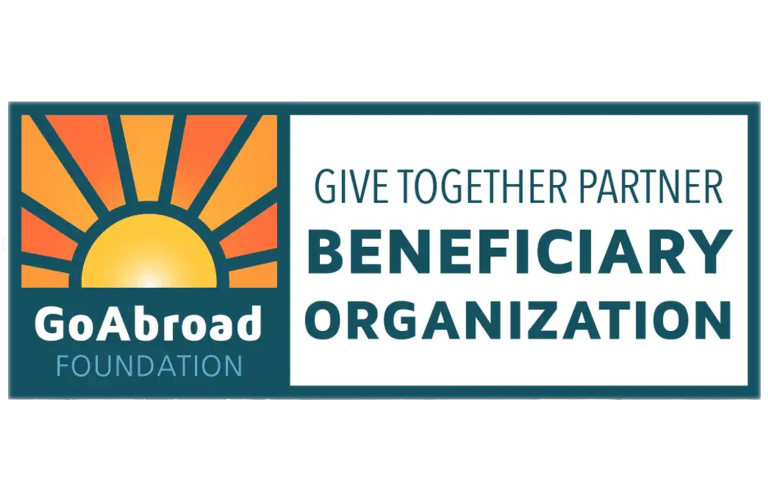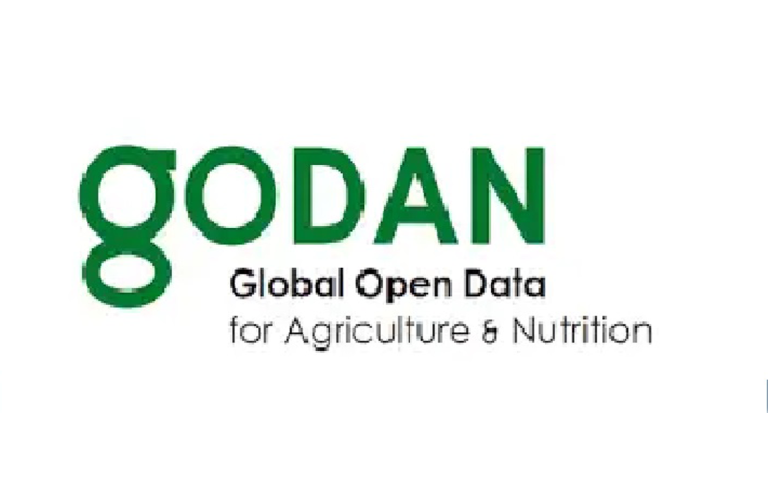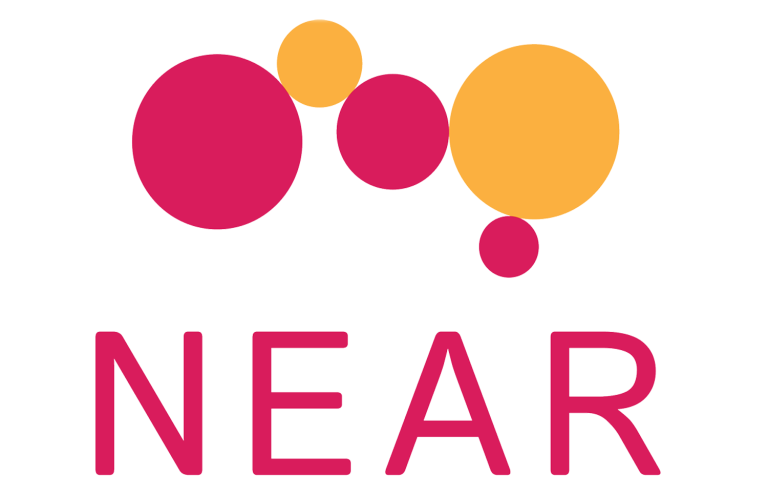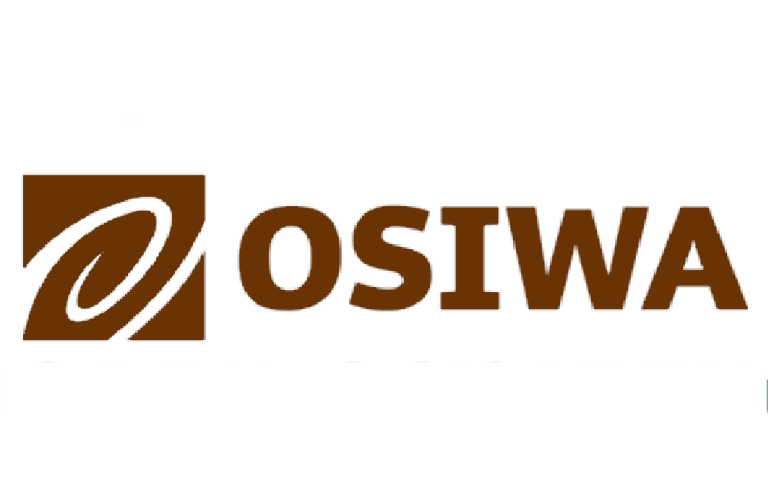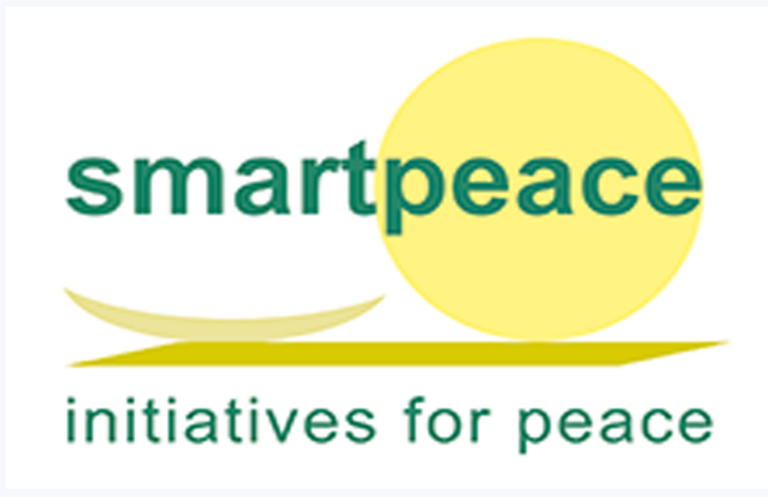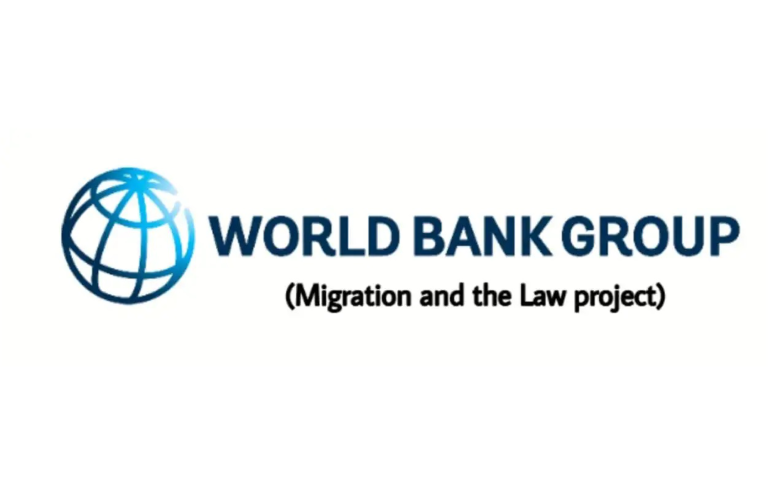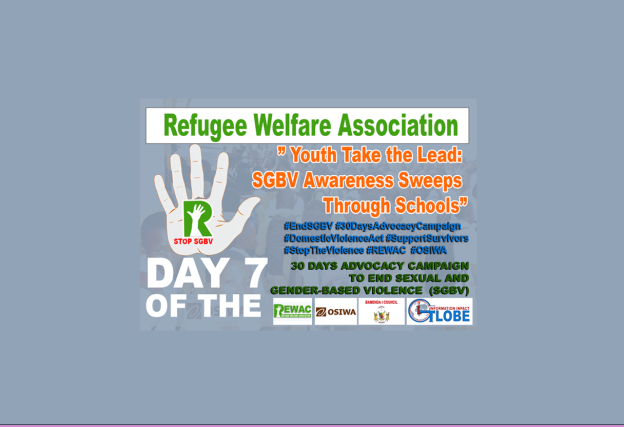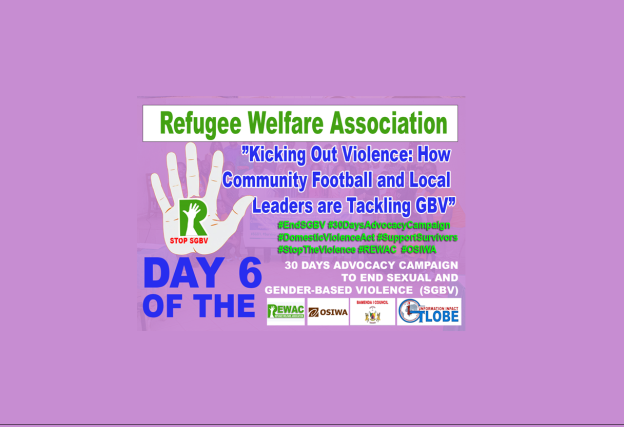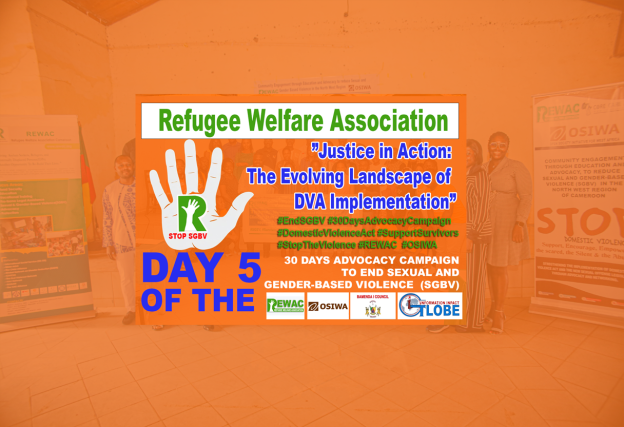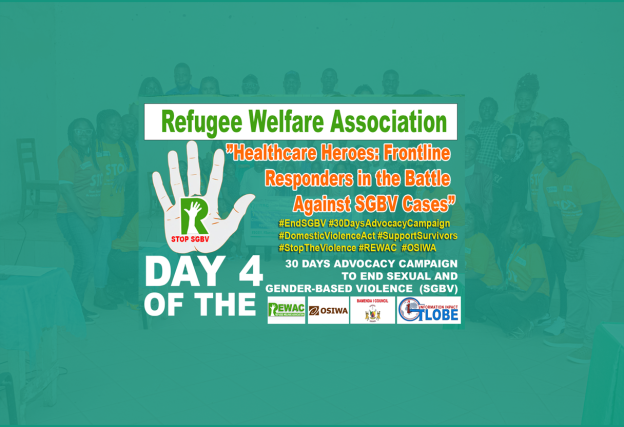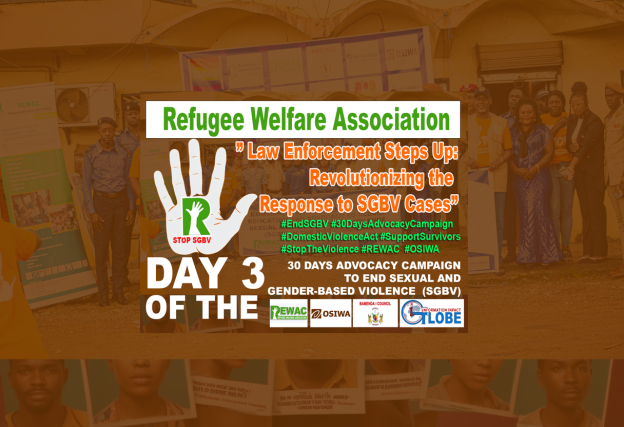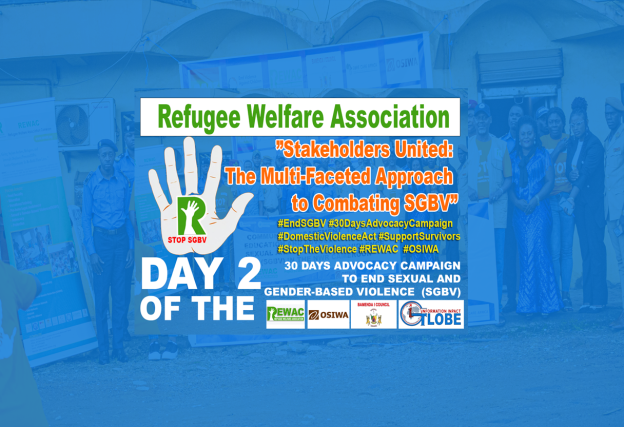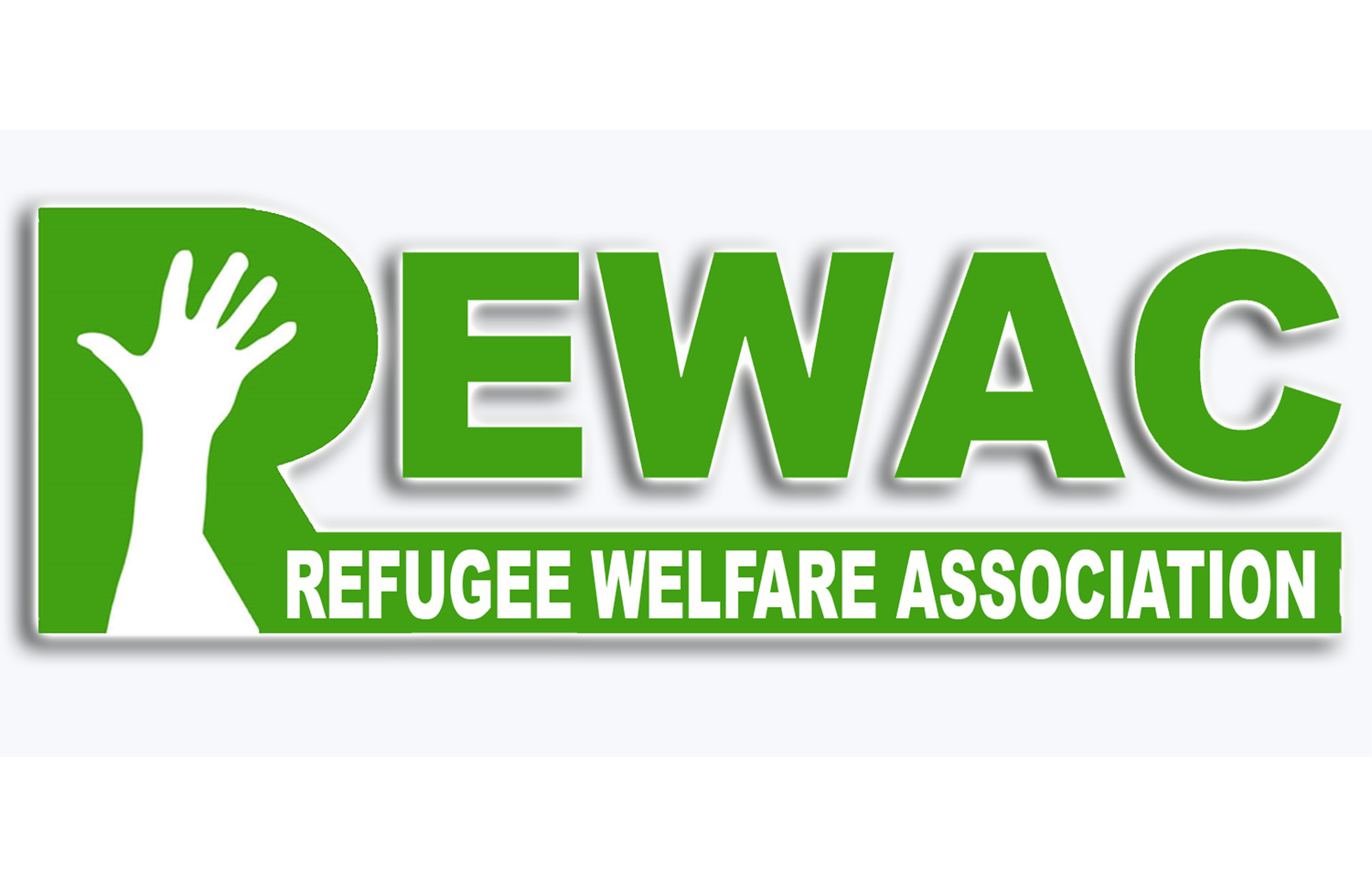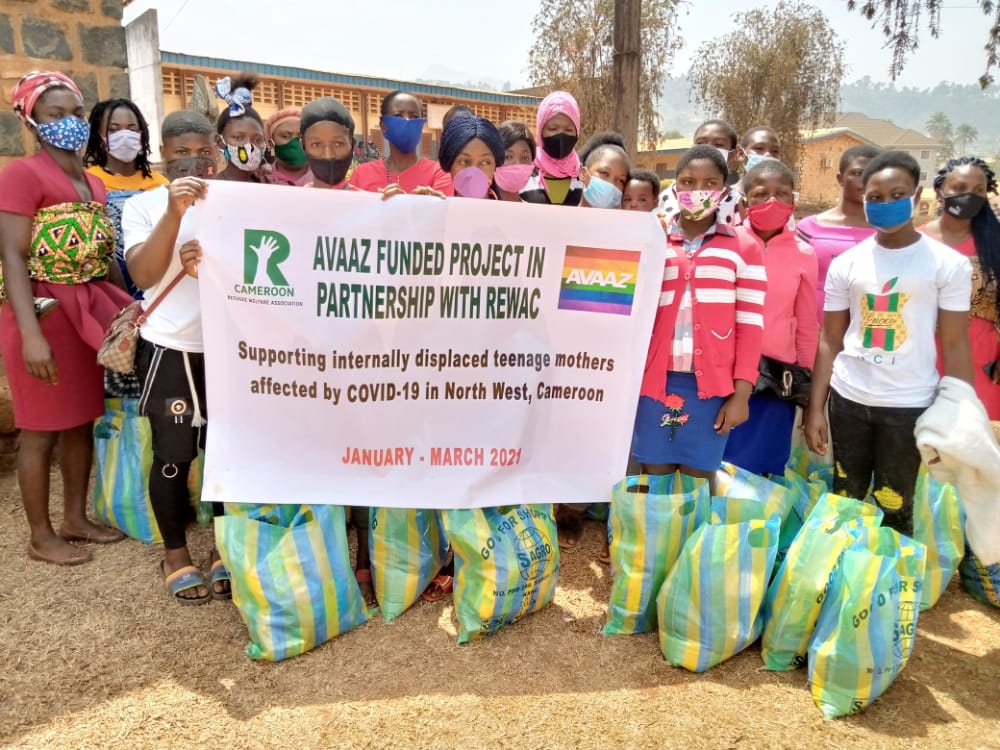
Our History
REWAC emerged from grassroots efforts of dedicated community activists seeking to assist the growing number of refugees fleeing conflict, persecution and hardship in neighboring countries. As the influx increased, putting pressure on social services, a group of volunteers came together in 2009 to form REWAC as an indigenous organization to respond to urgent humanitarian needs and empower displaced populations on the margins.
Seeking Asylum in Cameroon
In January 2009, 5 young asylum seekers escaped violence in Burkina Faso, crossing the Nigerian boarder into Cameroon, where they were immediately arrested and detained in prison. 9 days later, they were brought before the court facing charges of illegal immigration, risking being sent back to danger.
The judge, a long-time reader in international law and global migration, recognised the desperate need of these young people. In his ruling, he applied article 31 of the UN Refugee Convention, which specifically prohibits signatory countries like Cameroon sending asylum seekers back to a country where they face serious threats to their life. This is also known as the principle of ‘non-refoulement’.
The judge ordered in the case of these 5 young people, the UN Refugee Agency would adjudicate their refugee status determination. Due to the gravity of their claim, the illegal immigration charges were dropped; the asylum seekers were free to complete their refugee status determination in Cameroon.
Support Resilience Building for SGBV Survivors: Enhancing Social, Economic, and Legal Protection
Refugee status determination
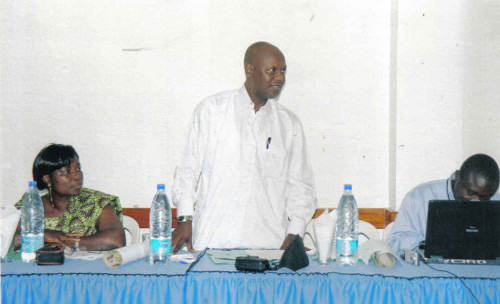
Sadly the process of seeking help for over 200,000 asylum seekers in Cameroon, from 26 countries including Nigeria, Chad, the Central African Republic (CAR), Niger, Sudan, South Sudan, the Democratic Republic of Congo (DRC) and Libya, is rarely as straight-forward as this. Statistics from the UN Refugee Agency (December 2018) show that less than 1% of asylum seekers successfully complete their refugee status determination process.
Contrary to expectations, the 2005 National Law on refugees in Cameroon is not in tandem with the Constitution of the country, let alone relevant International Conventions to which Cameroon is a signatory. There is therefore an urgent need to address these lacunae by setting up a strong network of pro-bono refugee lawyers in Cameroon for the effective protection of the rights of refugees, asylum seekers and forcibly displaced persons who are increasing on a daily basis. This makes the challenge a collective one
Rights of refugees, asylum seekers and forcibly displaced persons
Refugee Welfare Association Cameroon (REWAC) is the result of local legal minds, including the judge who adjudicated in this case, to end the systematic violation of the rights of refugees, asylum seekers and forcibly displaced persons. As a non-governmental organisation, REWAC compliments efforts made by the UN Refugee Agency, the Cameroon government, and other international development partners in addressing these challenges.
Founded in Tiko and registered under Cameroon Law since March 2009, REWAC is a grassroots, indigenous non-governmental organisation (NGO) promoting, defending and enforcing international humanitarian law. Over 90% of REWAC staff are volunteers committed to the cause
